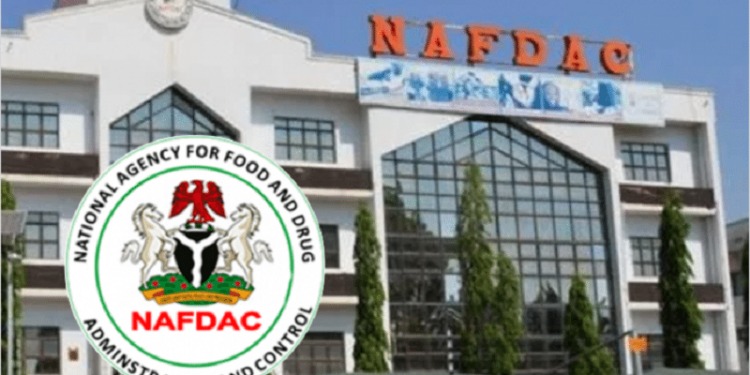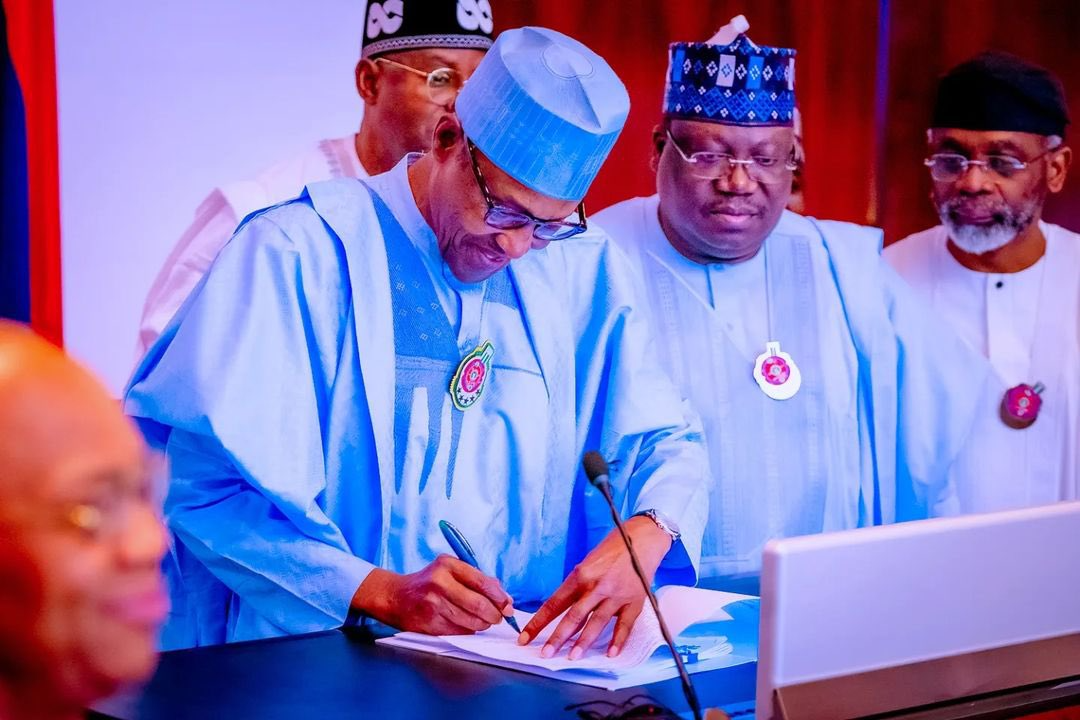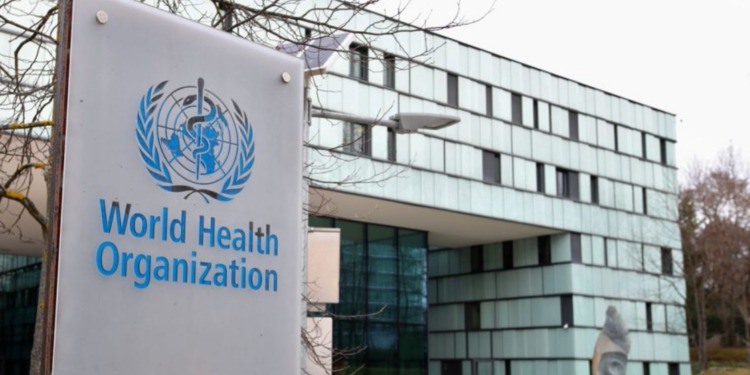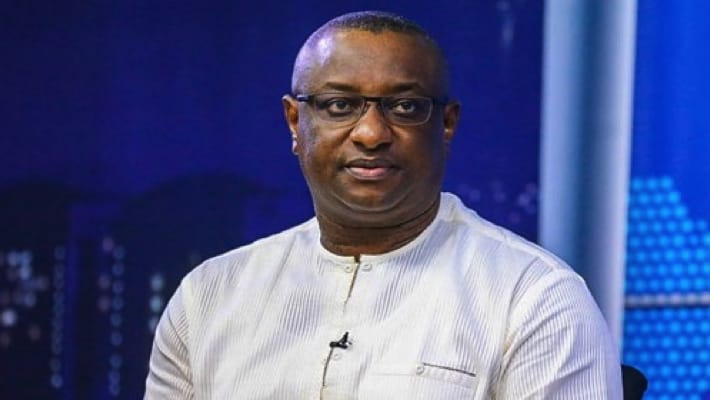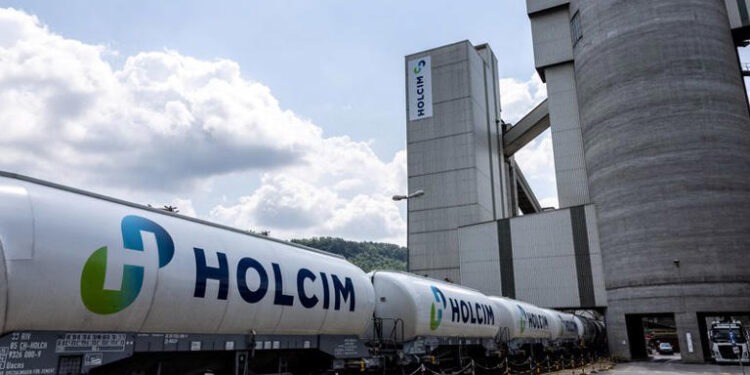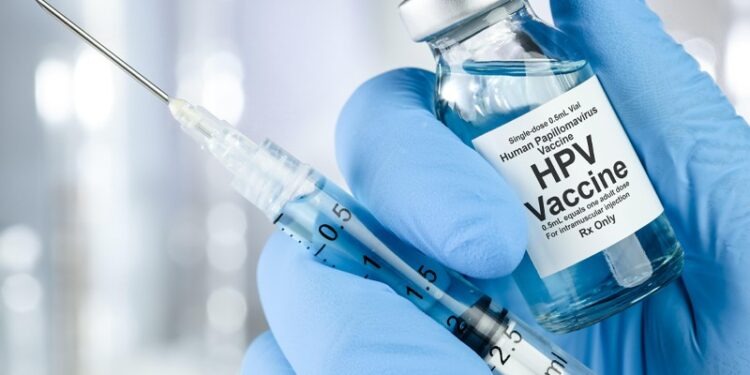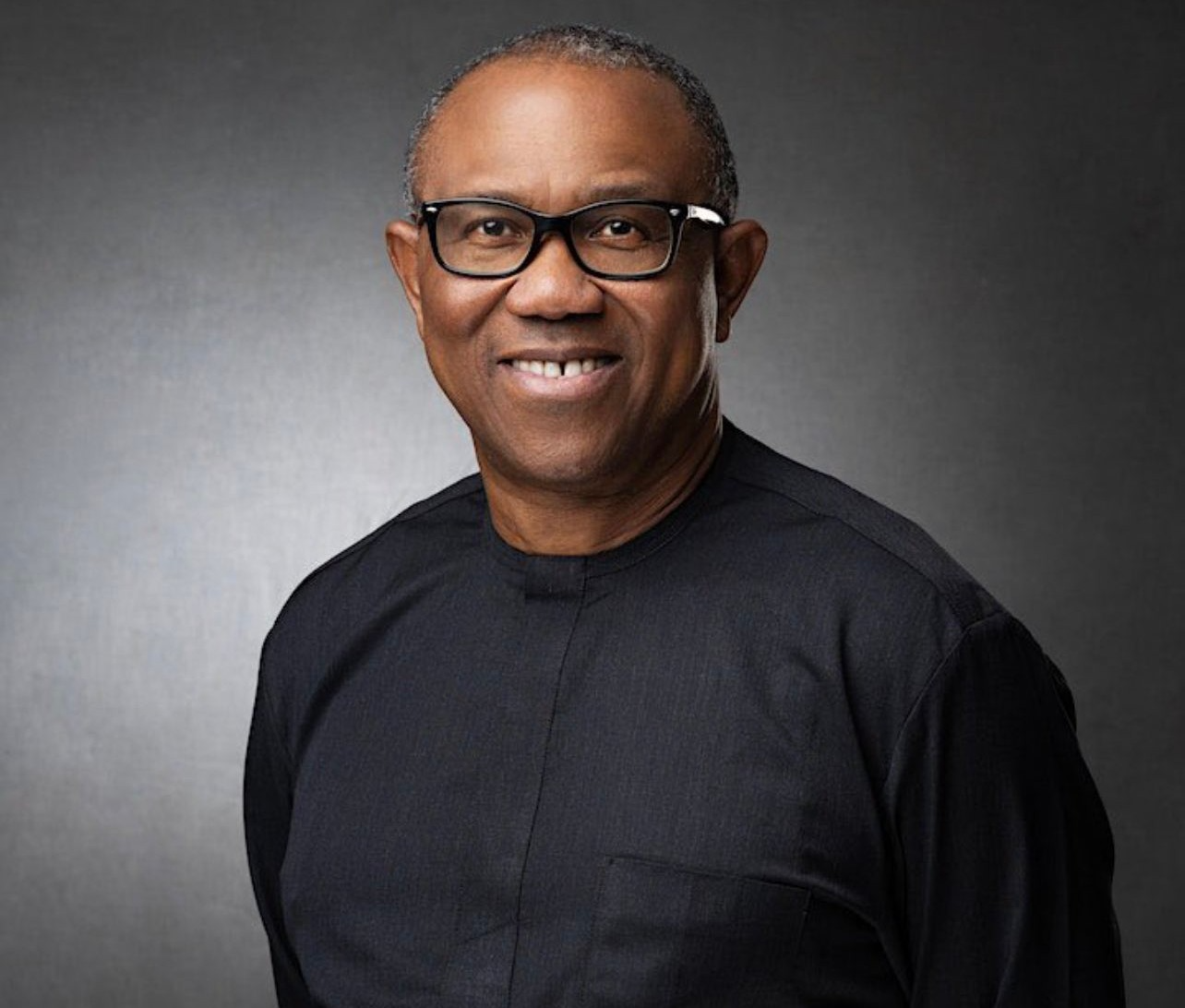The National Agency for Food and Drug Administration and Control (NAFDAC) and the Pharmaceutical Council of Nigeria (PCN) have reaffirmed their determination to eliminate open drug markets across the country.
Speaking at a joint media briefing in Lagos on Tuesday, NAFDAC Director-General, Prof. Mojisola Adeyeye, described open drug markets as a persistent problem for regulatory agencies.
Adeyeye said that the relocation of the open drugs market in Kano to a Coordinated Wholesale Centre (CWC), has set a standard that should be followed by others
“The chaotic drug distribution system in Nigeria and open drug markets have been a sore point to drug regulatory agencies, especially to NAFDAC,” Adeyeye said.
She pointed out that the disorderly chain of movement of medicine from the manufacturer to the final consumer is inimical to the efficacy of pharmaceutical products and is the primary cause of substandard and falsified medicines being in circulation.
“The consequence of this is treatment failure or even death. Therefore, to make Nigerians healthier and reduce mortality, NAFDAC and our sister agency, PCN, must continue to fight against it,” she added.
A decade-long fight to sanitize drug distribution
Adeyeye noted that the fight to sanitize the drug distribution system started over a decade ago when the Presidential Committee on Pharmaceutical Sector Reform (PCPSR), constituted in 2003, developed strategies toward the sanitization of drug distribution.
“The PCPSR recommended the development of National Drug Distribution Guidelines (NDDG) as a key strategy to coordinate the drug distribution sub-sector and all operators in the open drug markets in Kano, Lagos, Onitsha, and Aba,” she said.
The open drug markets in these states were initially given a December 2018 deadline by the then Minister of Health, Prof. Isaac Adewole, to relocate to the Coordinated Wholesale Centres (CWC).
Adeyeye explained that the CWCs, designed as controlled environments for proper monitoring of drug distribution, are an outcome of the Presidential Committee on Pharmaceutical Sector Reform (PCPSR).
She further noted that the Coordinating Minister of Health and Social Welfare, Prof. Ali Pate, who played a key role in conceptualizing the CWC model, remains a strong advocate for its implementation.
“The National Drug Distribution Guidelines (NDDG) provide a clear mandate to NAFDAC and PCN to ensure full compliance and implementation by all relevant stakeholders,” Adeyeye stated.
She added that NAFDAC and its sister agency would continue to intensify efforts to ensure the establishment of CWC in other states.
Progress and challenges in Kano
Also, speaking the registrar of the PCN, Ibrahim Babashehu-Ahmed, highlighted that the CWC in Kano was the first of its kind, established to enhance the regulation of drug distribution and sales in Nigeria.
Babashehu-Ahmed explained that the PCN is charged with the responsibility of regulating pharmacy practice sites, the practitioners, and the patent and proprietary medicine vendors that use the open drug markets to sell medicines.
He noted that all efforts to relocate the open drugs market in Kano were resisted, noting that the dealers filed a lawsuit in a bid to stop their relocation.
Babashehu-Ahmed revealed that a landmark judgment by Justice Simon Amobeda of the Kano Federal High Court on February 16, 2024, mandated the relocation of open drug marketers in Kano to the Coordinated Wholesale Centre (CWC).
He described the ruling as a significant step toward improving drug distribution control and curbing the prevalence of substandard medicines.
“This judgment is monumental because the control of drug distribution will be better regulated and prevalence of substandard medicines will be mitigated significantly,” he stated.
Collaborative efforts to achieve global standards
Reflecting on his tenure since 2017, Babashehu-Ahmed emphasized that the drive to mitigate Substandard and falsified drugs is one of the pillars of my administration.
These efforts contributed to NAFDAC achieving Maturity Level 3 of the World Health Organization (WHO) Global Benchmarking Tool (GBT).
“NAFDAC attained seven modules, while PCN achieved one module (Site License) under the GBT. Both agencies are now collaborating to sustain Maturity Level 3 and work toward achieving Level 4,” he added.
